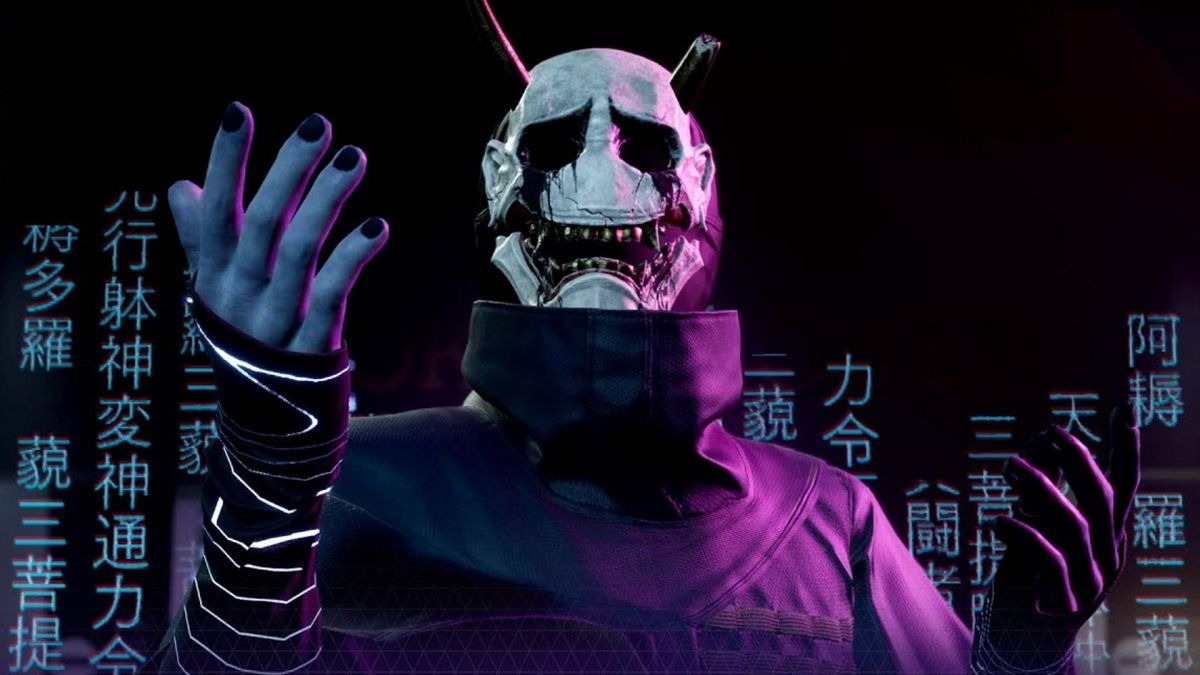Boris Johnson, the Prime Minister of the United Kingdom, has submitted his defence to MPs regarding the “partygate” scandal, and he believes that WhatsApp messages will help vindicate him. The scandal has been ongoing for several weeks, with allegations that Johnson and his staff broke COVID-19 restrictions by attending a party at Downing Street during the height of the pandemic.
The Prime Minister has faced increasing pressure from the public and his own party to explain his actions, and to take responsibility for any wrongdoing. Johnson’s defence was submitted to the Liaison Committee, a group of MPs who are responsible for holding the Prime Minister to account.
In his defence, Johnson argues that he did not attend a party during the lockdown period, and that any gatherings that took place at Downing Street were work-related. He also claims that he was not aware of any COVID-19 restrictions being broken, and that he has always followed the rules throughout the pandemic.
The Prime Minister’s defence includes a series of WhatsApp messages that he claims will help to support his case. These messages were sent between Johnson and his staff during the period in question, and they are said to provide evidence that any gatherings were work-related and not social.
However, the publication of these messages has been delayed, as Johnson’s lawyers have argued that they may contain sensitive information that could compromise national security. This has led to criticism from opposition parties, who argue that the Prime Minister is trying to hide behind national security concerns in order to avoid accountability.
The “partygate” scandal has been a major embarrassment for the Prime Minister, who has been accused of hypocrisy and of failing to lead by example during the pandemic. Johnson has faced calls to resign over the issue, with some MPs and members of the public questioning his integrity and fitness for office.
The scandal has also raised questions about the wider culture within the Conservative Party, and about the relationship between politicians and the public. Many people feel that the government has been dishonest and secretive during the pandemic, and that they have not been transparent about their decision-making processes.
The publication of Johnson’s defence has done little to quell these concerns, and many people remain sceptical about the Prime Minister’s version of events. Some have accused him of using the WhatsApp messages as a smokescreen, and of trying to deflect attention away from the real issues at hand.
Despite these criticisms, Johnson remains determined to clear his name and to prove that he has done nothing wrong. He has promised to cooperate fully with any investigations into the matter, and to provide all the necessary information and evidence to support his case.
The “partygate” scandal is likely to continue to dominate headlines in the coming weeks and months, as more information is released and the full extent of any wrongdoing is uncovered. For now, however, the Prime Minister will be hoping that his defence, and the WhatsApp messages that accompany it, will be enough to convince his critics and to restore his reputation.

